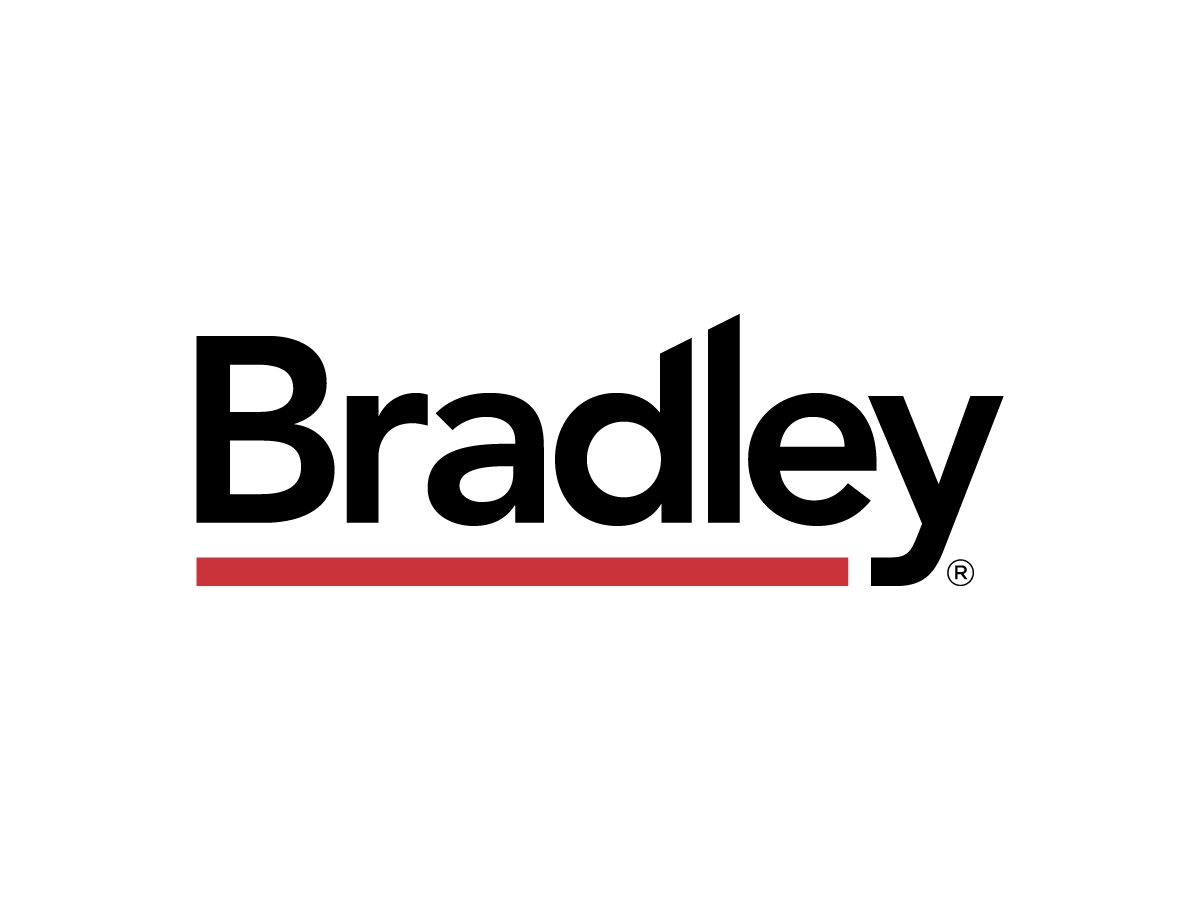What Is ‘GPT’ And Who Owns It? | Saul Ewing LLP
Within the last year ‘ChatGPT’ has become a household name. Some may even know that a company called OpenAI created the chatbot service based on artificial intelligence. What you may not know is that OpenAI applied to register the term “GPT” as a trademark, and that application was recently rejected by the U.S. Patent & Trademark Office (“USPTO”).
What You Need to Know:
- OpenAI’s application to register “GPT” as a trademark has been rejected by the U.S. Trademark Office
- OpenAI can continue to use the term “GPT” to describe its products, but other companies are free to use the term as well
Before diving into the USPTO’s decision, it is important to understand what “GPT” means. GPT is an acronym for “generative pre-trained transformer”—a type of artificial intelligence model. GPTs are all Large Language Models (“LLMs”), and the first GPT was actually introduced by OpenAI in 2018. Each subsequent iteration of OpenAI’s model has been tagged with a number, with the most current being “GPT-4.” ChatGPT was launched in November 2022, and was initially based on the GPT-3.5 model. ChatGPT has gained significant attention for its ability to mimic human output through text.
The USPTO Decision. This month, the USPTO denied OpenAI’s trademark application for “GPT” as being descriptive of the services OpenAI offers, which include “downloadable computer programs” and “[s]oftware as a service (Saas).” A word that is descriptive generally is not subject to trademark registration as it merely describes a feature, function, or characteristic of the products or services. This is as opposed to a term that distinguishes one product or service from another. For example, the term “Apple” may be descriptive of goods such as fruit, but it is not descriptive of personal computers. The USPTO rejected OpenAI’s argument that consumers would not immediately understand what “generative pre-trained transformer” means, despite the pervasiveness of the term in the artificial intelligence industry. The USPTO also noted that other “[b]usinesses and competitors should be free to use” the term “GPT” as a descriptor of their goods and services. Finally, the USPTO cautioned OpenAI that the term “appears to be generic in connection with the identified goods and/or services. “ This last statement is a bit of a bombshell in that terms found to be generic can never act as trademarks for any goods or services. For example, the terms “Aspirin,” “Kerosene” and “Videotape” were all once trademarks that became genericized. The good news for OpenAI is that this statement by the USPTO is not an official finding, but more of a foreshadowing of the road ahead.
What the USPTO Decision Means. For OpenAI, the denial of the “GPT” trademark application poses several challenges. First, it means that OpenAI cannot register the term “GPT”—a tactic that would have helped OpenAI prevent competitors from using the term in connection with artificial intelligence products and services. While OpenAI still holds common law trademark rights in “GPT,” the lack of a trademark registration opens the door for other entities to use the term freely, potentially diluting OpenAI’s brand recognition and market position—something competitors already are doing (as noted in the USPTO’s decision), and likely will continue to do.
Second, without a trademark registration, OpenAI may find it more difficult to enforce its rights against unauthorized use or infringement of the term “GPT” and variations. This could lead to confusion among consumers, who may not be able to differentiate between OpenAI products and those offered by other companies.
On the other hand, perhaps somewhat counterintuitively, the USPTO has allowed OpenAI to register the marks GPT-3 and GPT-4 for “[s]oftware as a service.” See U.S. Reg. Nos. 6294671 and 7232349. OpenAI also has U.S. trademark applications pending for future iterations like GPT-V, GPT-5, GPT-6 and GPT-7, in addition to terms like “CHATGPT.” OpenAI could arguably enforce its rights in the GPT-3 and GPT-4 registrations against attempts by others to use “GPT” in connection with software or software services.
What’s Next? Undoubtedly, OpenAI understands the challenges associated with protecting its right to use “GPT”. It already has released products with names unconnected to the term, including DALL-E and Sora (and both have pending applications for registration) likely in an effort to get ahead of these trademark issues, and to further distinguish itself in a marketplace increasingly flooded with new competitors. Whether OpenAI will continue to use “GPT” remains to be seen, assuming the USPTO’s decision stands. Likewise, how and whether OpenAI will be able to protect against the use of variations of “GPT” by others after the USPTO’s decision is an open question. Like it or not, artificial intelligence products are here to stay, and as more competitors enter the space, we will see how these issues play out. Maybe we can ask ChatGPT to write us a paper about it.






